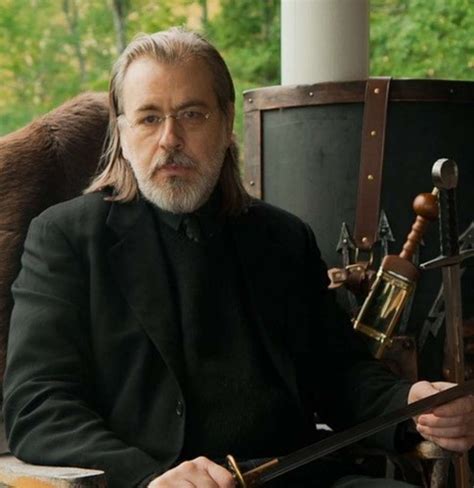A Quote by Ruth Ozeki
There's something about the idea of writing, and thinking about writing as a form of prayer - the way as a writer you call out into the world and throw your words into the world. You're not praying to a god, but you're almost conjuring a reader to arrive. That's what books do: they're an invitation to readers.
Related Quotes
I think all writing is about writing. All writing is a way of going out and exploring the world, of examining the way we live, and therefore any words you put down on the page about life will, at some level, also be words about words. It's still amazing, though, how many poems can be read as being analogous to the act of writing a poem. "Go to hell, go into detail, go for the throat" is certainly about writing, but it's also hopefully about a way of living.
Books are just dead words on paper and it is the readers who bring the stories alive. Previously, writers wrote a book and sent it out into the world. A couple of months after publication letters from readers might arrive. And, leaving aside the professional reviews, it is really the reader's opinions that the writer needs. They vote for a book - and a writer - with their hard earned cash every time they go into a bookstore (or online - that's my age showing!) and buy a book.
When you're writing a book, with people in it as opposed to animals, it is no good having people who are ordinary, because they are not going to interest your readers at all. Every writer in the world has to use the characters that have something interesting about them, and this is even more true in children's books.
It's a little bit like talking about the life of writing. The life of writing may be about many things, but it always begins with the writer. With the kernel of an idea, or a character, or an idea or a theme, or even an outcome. But for documentary photographers, photographs begin at that intersection of the real world and the imaginative inner world.
When I'm writing about complicated subjects, it usually involves a world. It could be the world of Scientology or the world of Al Qaeda, or the world of counter-terrorism.I look for emblematic beasts of burden - what I call "donkeys" - who can carry the reader through this world. They serve a different purpose. Donkeys are not especially interesting or likeable, but they are serviceable. They will take you into this world. The distinction I'm trying to make is: It's not about them. It's about the world.
There's an old adage in writing: 'Don't tell, but show.' Writing is not psychology. We do not talk 'about' feelings. Instead the writer feels and through her words awakens those feelings in the reader. The writer takes the reader's hand and guides him through the valley of sorrow and joy without ever having to mention those words.
Writing is a concentrated form of thinking...a young writer sees that with words he can place himself more clearly into the world. Words on a page, that's all it takes to help him separate himself from the forces around him, streets and people and pressures and feelings. He learns to think about these things, to ride his own sentences into new perceptions.
Prayer is first of all listening to God. It's openness. God is always speaking; he's always doing something. Prayer is to enter into that activity... Convert your thoughts into prayer. As we are involved in unceasing thinking, so we are called to unceasing prayer. The difference is not that prayer is thinking about other things, but that prayer is thinking in dialogue,... a conversation with God.




































